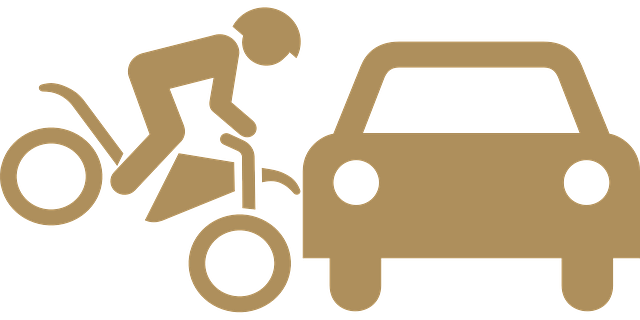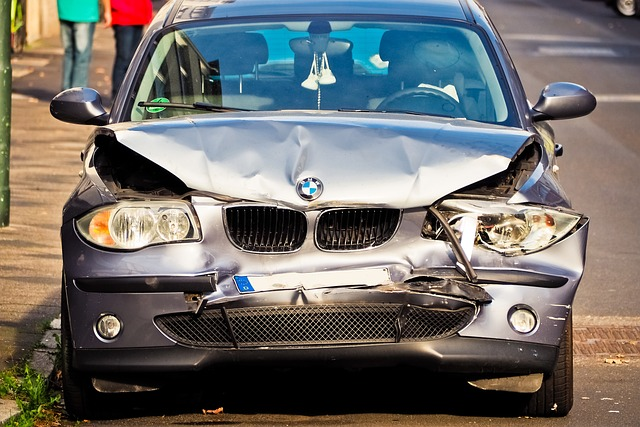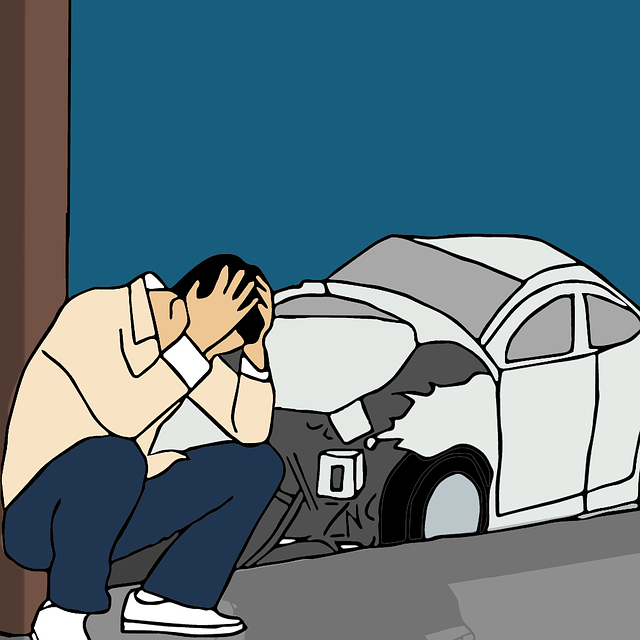15 Surprising Facts You Didn’t Know About Being Injured in Car Accident

Introduction
Injured in Car Accident can lead to a wide range of injuries, from minor bruises to life-altering conditions. While some injuries are obvious, others may not be apparent immediately. In this article, we’ll explore 15 things you might not know about car accident injuries.
1. Delayed Symptoms
Some car accident injuries, such as whiplash or soft tissue injuries, may not present symptoms until hours or even days after the accident. This is why it’s crucial to seek medical attention after a car crash, even if you feel fine initially.
2. Emotional Trauma
Not all car accident injuries are physical. Many car accident victims experience psychological distress, such as anxiety, depression, or post-traumatic stress disorder (PTSD).
3. Soft Tissue Injuries

Soft tissue injuries, such as sprains and strains, are among the most common car accident injuries. These injuries can cause chronic pain and limited mobility.
4. Concussions
Even a seemingly minor car collision can cause a concussion, a type of traumatic brain injury. Symptoms may include headaches, dizziness, and memory problems.
5. Chest Injuries
The force of a car accident can cause chest injuries, such as broken ribs or internal bleeding, even if the driver’s chest doesn’t strike anything directly.
6. Knee Injuries
The sudden impact of a car crash can cause the knees to strike the dashboard or seats, leading to knee injuries like fractures or ligament tears.
7. Shoulder Injuries
Shoulder injuries, such as rotator cuff tears, can occur when the shoulder is thrown forward or twisted during a vehicle accident.
8. Airbag Injuries

While airbags can save lives, they can also cause injuries, such as burns, bruises, or even broken bones, especially if the driver or passenger is sitting too close to the airbag.
9. Spinal Cord Injuries
Motor vehicle accidents are a leading cause of spinal cord injuries, which can result in partial or complete paralysis.
10. Facial Injuries
Facial injuries, such as lacerations, fractures, or dental damage, can occur when the face strikes the steering wheel, dashboard, or shattered glass during a car accident.
Related Terms: severe injuries, whiplash injuries, more severe injuries, injuries affect, seek medical treatment, neck injuries, psychological injuries, health insurance, chest injury, serious injury

11. Wrist and Hand Injuries
Drivers may sustain wrist and hand injuries, such as fractures or sprains, from gripping the steering wheel tightly during a collision.
12. Ankle and Foot Injuries
Ankle and foot injuries can occur when the feet are thrown against the floorboard or pedals during a car accident.
13. Ear Injuries
The loud noise of a car crash can cause ear injuries, such as rupture eardrums or hearing loss.
14. Burns
Burns can result from contact with hot metal surfaces, steam, or chemicals released during a vehicle accident.
15. Long-Term Effects
Some car accident injuries can have long-lasting or permanent effects, such as chronic pain, scarring, or disability.
Medical Treatment

Seeking prompt medical treatment is essential after a car accident. Even if injuries aren’t immediately apparent, a medical professional can diagnose and treat hidden injuries before they worsen.
Related Terms: collision victim, auto accident, whiplash injury
Documenting Injuries
Keeping track of all medical records, bills, and other documentation related to car accident injuries is crucial for receiving proper treatment and securing compensation from the insurance company.
Insurance Claims
After a car accident, it’s essential to report the incident to your insurance company immediately. Provide them with detailed information about your injuries and medical treatment.
Legal Assistance
If you’ve suffered serious injuries in a vehicle accident due to another driver’s negligence, consider contacting a law office specializing in car accident claims to protect your rights and seek fair compensation.
Conclusion To
Understanding the wide range of potential car accident injuries and their consequences is crucial for both prevention and recovery. By prioritizing safety, seeking prompt medical attention, and knowing your rights, you can better navigate the aftermath of a motor vehicle accident.
1. What should I do immediately after being injured in a car accident?
If you’ve been injured in a car accident, prioritize your safety and well-being. Call emergency services if needed, and seek medical attention as soon as possible, even if your injuries seem minor.
2. What types of injuries are common in car accidents?
Common car accident injuries include whiplash, soft tissue injuries, concussions, chest injuries, knee injuries, shoulder injuries, and spinal cord injuries.
3. Can I have injuries even if I don’t feel pain right away?
Yes, some injuries, such as whiplash or soft tissue damage, may not present symptoms until hours or even days after the accident. That’s why it’s essential to get a medical evaluation after a car crash.
4. What should I tell my doctor after being injured in a car accident?
Be honest and detailed about your symptoms, the nature of the accident, and any pre-existing medical conditions. This information will help your doctor provide an accurate diagnosis and appropriate treatment plan.
5. Will my insurance cover my medical expenses after a car accident injury?
It depends on your insurance policy and the specifics of your accident. Contact your insurance company as soon as possible to report the incident and discuss your coverage.
6. What if the other driver was at fault for my car accident injuries?
If the other driver was at fault, you might be entitled to compensation for your medical expenses, lost wages, and other damages. Consider contacting a personal injury attorney to discuss your legal options.
7. How long do I have to file a claim for my car accident injuries?
The statute of limitations for filing a car accident injury claim varies by state. However, it’s generally best to initiate the process as soon as possible to ensure you don’t miss any deadlines.
8. What if my car accident injuries prevent me from working?
You may be entitled to compensation for lost wages if your injuries prevent you from working. Keep detailed records of your missed work days and any related financial losses.
9. Can I still receive compensation if I was partially at fault for the car accident?
It depends on your state’s laws. Some states follow a comparative negligence rule, which allows you to recover damages even if you were partially at fault, while others follow a contributory negligence rule, which may bar recovery if you were even slightly responsible.
10. What long-term effects can car accident injuries have?
Some car accident injuries can lead to chronic pain, permanent disability, scarring, or disfigurement. In such cases, it’s crucial to work with your doctor and attorney to ensure you receive proper care and compensation
Related Terms: Car accident injury, medical expenses, arm and leg injuries, automobile accidents, head injury, soft tissue injuries sprains, internal injuries, car accident claim, emergency medical treatment, Injured in Car Accident













